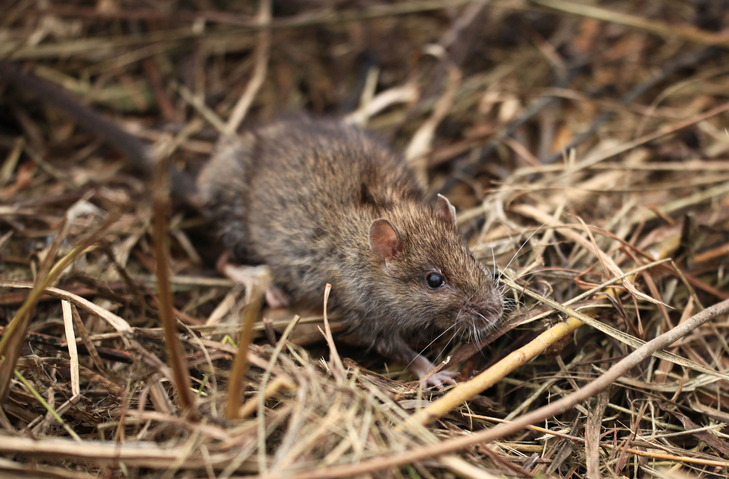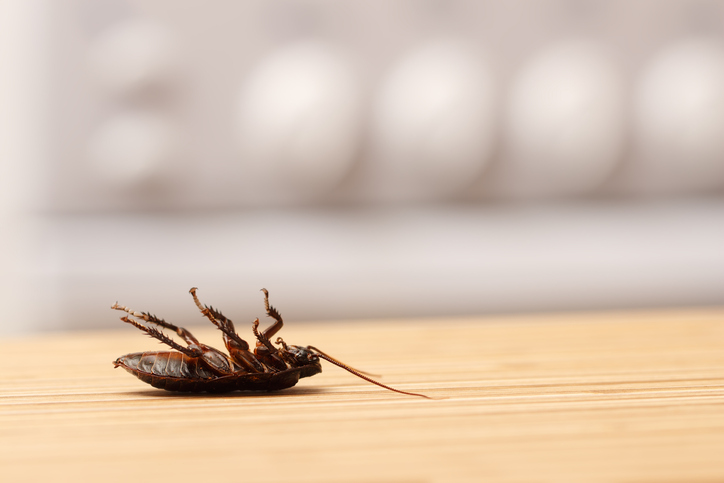When people think of pests they do not want on their property, the black rat is near the top of the list. As their name implies, they are mostly black in color, though the color can vary to a grey-brown. While similar in appearance to brown rats, they are smaller and have larger eyes and ears. In addition, they also possess an extremely long tail that is longer than their head and body combined.
Black rats are also called roof rats, ship rats, house rats, Alexandrine rats, and a few other names. This is largely because of their long history of co-living with humans. The Romans introduced this rat to Britain and they are believed to be of Indo-Malayan descent.
The roof rat is nocturnal and is highly social. There are always at least two together, but it’s usually more. Interestingly, their “pack” is female-led with there being one dominant male that doesn’t submit to the female but doesn’t rule them either.
Roof Rat Problems And More
Roof rats will forever be associated with disease in light of them being responsible for the spread of the bubonic plague back in the middle ages. While there are still cases today, it’s much more rare thanks to the advances of modern medicine.
Roof rats are also known to carry fleas and other pathogens, which translate to other diseases such as typhus, infectious jaundice, rat-bite fever, trichinosis, and salmonellosis just to name a handful. They also get into everything, including garbage, which can contaminate surfaces they run across.
At this point, you might be wondering what attracts this rat to your Tennessee property. It can be broken down into the following attractions:
- Warmth: Roof rats come inside because it’s warmer than the outside, when the weather starts to cool. They, like other mammals, are warm-blooded meaning they naturally seek warmth.
- Food: Rats will eat virtually anything. This starts with the garbage bins, but can quickly become other food sources. If you leave anything accessible or uncovered, then the rats will sniff it out and come to investigate.
- Pet waste: Rats are gross, which is evidenced by the fact they will eat pet waste in the yard. If you have a pet, you may want to consider picking up after them if rats are a concern.
- Dripping pipes: Rats need water. If there’s an easy source like a leaking pipe, they will stick around for easy hydration. Fix these problem sources to keep them away.
- Easy access: Rats get around, which means they find places to get into. If your home has holes bigger than a nickel in diameter, it’s fair game as far as they’re concerned. If you plug the holes and cracks, then you’ll make your home less attractive to roof rats.
Rat Elimination With Proven Pest Management
With the potential for rat-bite fever and other problems, it is dangerous to handle a rat infestation on your own. At Proven Pest Management, we understand which is why we offer truly effective residential pest control services including rodent control. No matter the circumstances of your unique situation, we will work with you to determine the appropriate solution. Our team believes in everyone having the right to a safe and comfortable home. At the first sign of an infestation, please give our team a call so you can turn the problem into something from the past.









